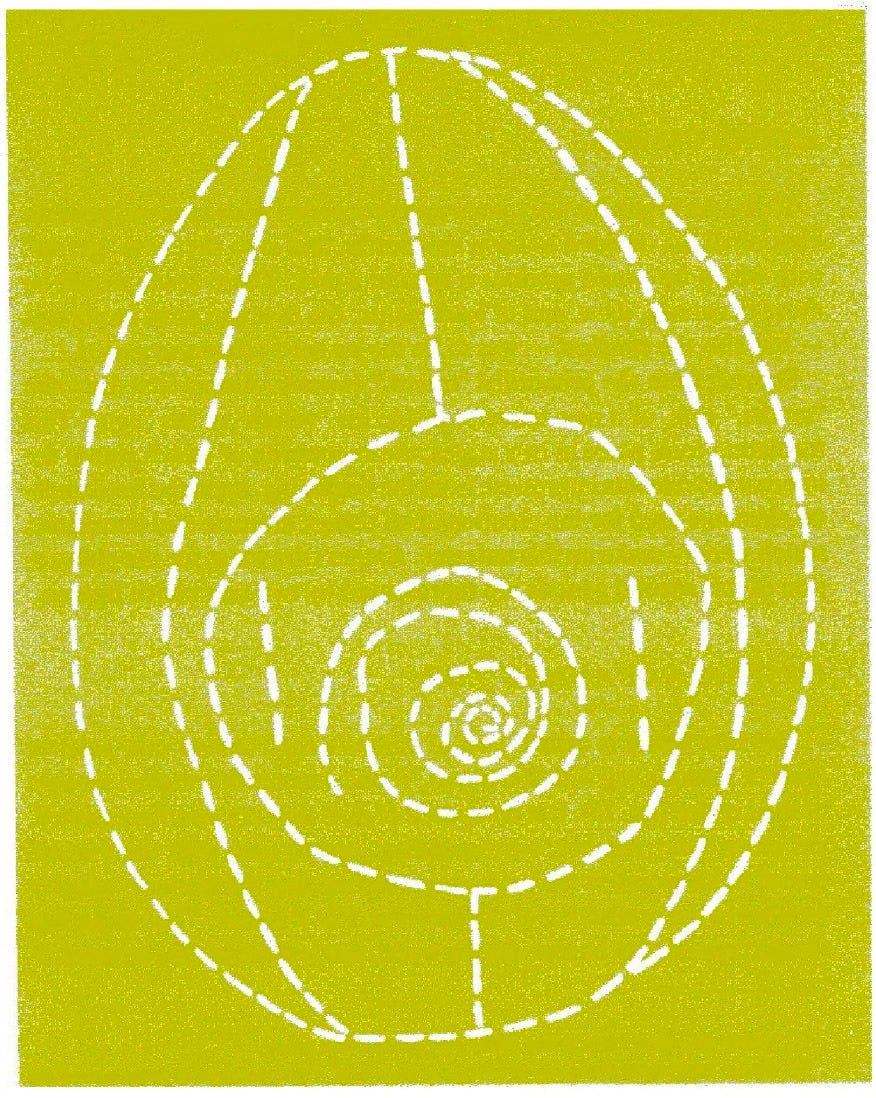5.5 Conclusion: Resituating Learning
Chapter 5: Service, the Controllable
As K passes through the Service Department and prepares to enter the field’s frontier, the Wholegoods Department, the dealership’s learning curriculum ceases to function merely as a site of repair and maintenance and begins instead to solicit transversal transformations.
In doing so, K is no longer positioned as a subordinate peripheral participant on the path to community or organizational mastery, but as something else entirely—an unstable figure that bends the field while bending, a line of flight from within.
This is not a linear movement toward authority, but a straightening that will constitute “the authentication of the Idea”.1 It is the involuntary, terrifying, and yet joyful onset of an uncontrollable becoming.
“Minorities,” the philosopher writes, “are objectively definable states, states of language, ethnicity, or sex with their own ghetto territorialities, but they must also be thought of as seeds, crystals of becoming whose value is to trigger uncontrollable movements and deterritorializations of the mean or majority.”2

What begins as K’s fourth and final assignment will become an event. K becomes one of these seeds or crystals—not by asserting identity, but by entering a mode of development without telos, study without mastery, learning without community. And here, for the first time and all times, the learner’s posture straightens and becomes equal to the field itself. And in this posture—this line, this threshold—we glimpse what the philosopher calls “a universal figure of minoritarian consciousness as the becoming-everybody,” a “people yet to come”:
“The question then became whether molecular or atomic ‘populations’ of all natures (mass media, monitoring procedures, computers, space weapons) would continue to bombard the existing people in order to train it or control it or annihilate it—or if other molecular populations were possible, could slip into the first and give rise to a people yet to come.”3
Gilles Deleuze, Logic of Sense, p.256.
Gilles Deleuze and Felix Guattari, A Thousand Plateaus, p. 106.
Ibid, p.345.

